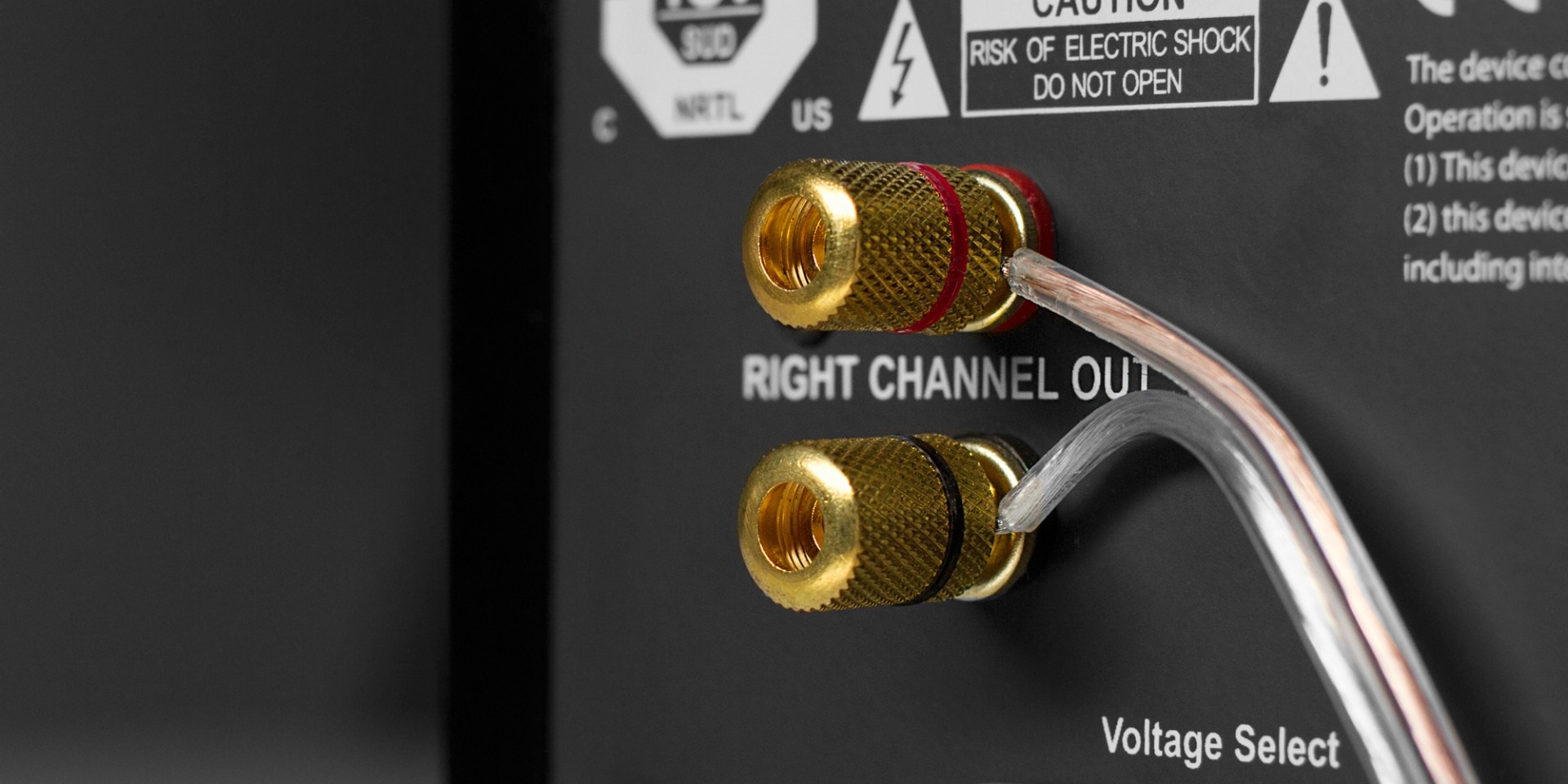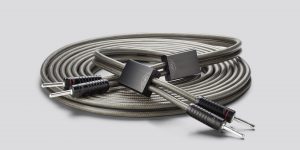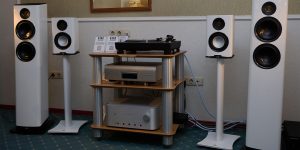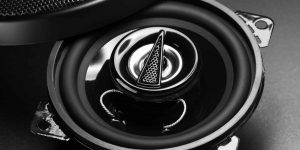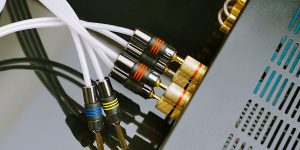In this article, we will discuss how to wire a speaker backward. This is not a trivial topic and requires some skill. If you connect speakers the wrong way, it will not work properly: the sound will be muffled and not as loud as it should be. And sometimes, the device may not work at all. Finally, the speaker can always be damaged if you connect it incorrectly. I’ll walk you through the possible consequences of reversing speaker polarity. We’ll also explore how it affects sound quality, speaker performance, and the overall audio experience.
The importance of speaker polarity
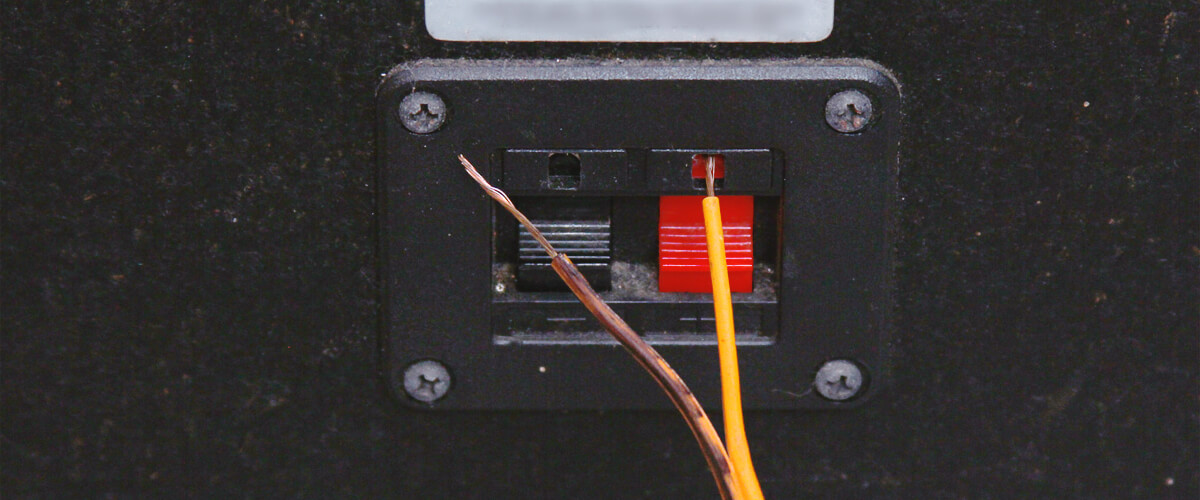
Proper speaker wire polarity is not just a technical term; ensuring accurate and consistent sound reproduction is vital. Each speaker has its own language, a unique way of communicating through the positive and negative terminals. Electrical signals are fed to the speaker drivers through these terminals, translating them into the musical notes and cinematic effects we love. But why is this important? Imagine putting together a jigsaw puzzle; each piece has to fit precisely to make a grand picture. In the same way, the puzzle pieces need to match perfectly for the sound to match the original recording exactly.
Understanding speaker phasing: In-phase vs. out-of-phase
In the area of speaker polarity, there are two types: in-phase and out-of-phase. When speakers are in phase, their sound waves are harmoniously aligned, creating a coherent and unified soundstage. With this alignment, the bass sounds just right, the vocals resonate beautifully, and the soundscape envelops you seamlessly.
Out-of-phase connection is a different spectacle that can be confusing for performers. This coupling causes sound waves from one speaker to collide with those from another, resulting in unevenness, distortion, and general confusion in the listening experience.
How can I know that speaker wires are reversed?
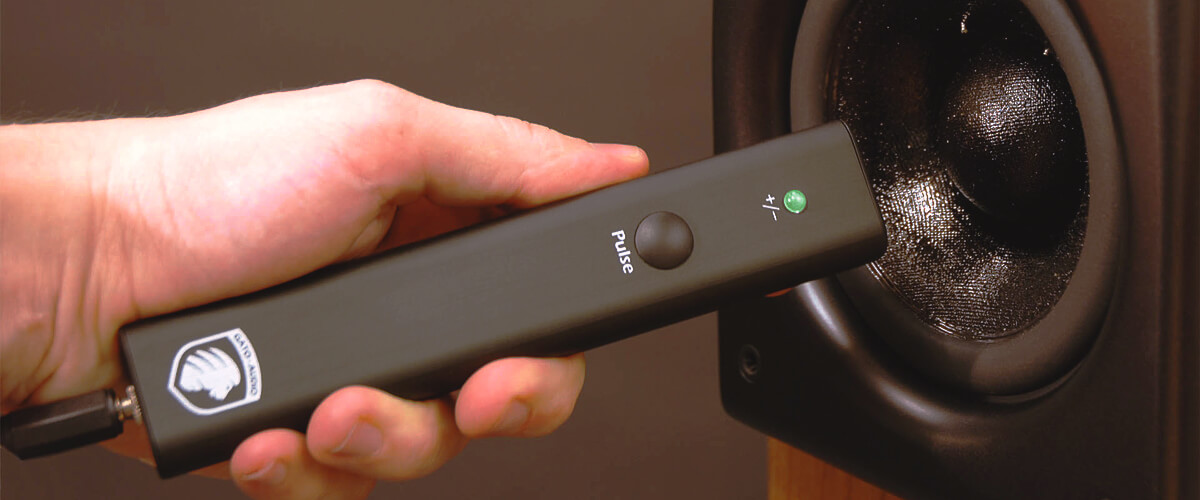
To understand the reverse speaker wires, you can take the following steps to determine the problem:
- Visual inspection
- Check the color coding of the speaker wires.
- Make sure the speaker’s positive (+) terminal is connected to the positive terminal of the amplifier and vice versa.
- Bass response
- Play music with a constant bass content.
- If the bass sounds weak, unaffected, or seems to be compensated for, this may indicate that the speakers are not phase-shifted.
- Comparative listening
- Turn on a mono recording, evenly balanced between both speakers.
- Listen to the sound. It may be due to reverse polarity if it seems weaker or less focused than expected.
- Using a voltmeter
- If you have a voltmeter, check the wires to see if they are mixed. If the voltmeter shows a negative number, the wires are mixed up.
How do we know which wire is positive and negative when black?
Speaker wires can look equally black, and mixing up positive and negative speaker wires is easy. Fear not, however! Amid the black abyss, there are ways to distinguish between positive and negative terminals confidently.
Look for markings
Some black speaker wires may have subtle markings or stripes indicating polarity. Check for text, red color, or “+” markings along the length of the wire to identify the positive terminal. These markings may be near the ends or along the insulation.
One of two identical black wires often will have a ribbed pattern, indicating that the lead is negative.
Use a multimeter
A multimeter with a continuity or resistance test mode can help you determine polarity. Set the multimeter to continuity mode and touch one probe to each end of the wire. That end is probably a positive wire if you see a positive reading (beep or display changes).
Tip: If your leads appear without any special indications, mark them with colored duct tape for further convenience.

